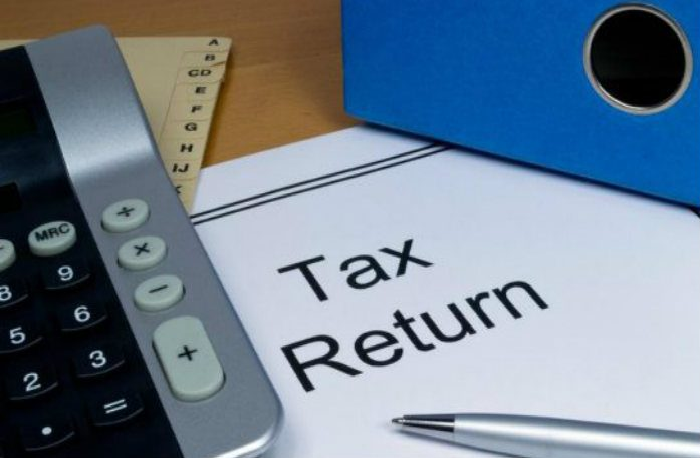Non-resident Indians (NRIs) have a lot of investment and savings in India. Typically, their assets include bank accounts, bank deposits, shares, property, jewellery, and other assets. What many NRIs don’t know, is that they need to file income tax returns in India as well. These returns have to be filed before the statutory due date.
If you are an NRI, the good news is that you can avail US tax filing services in India with ease, but you also need to know about filing taxes in India as an NRI.
Residential Status in India
For any financial year, beginning from 1 April and ending on 31 March, NRIs need to determine their residential status in India as that will govern their tax status.
If you are staying longer than 181 days, you will be considered a resident of India and all your income, including what you earn abroad, will be taxable. However, if you stay 181 days or less in India, your NRI status remains intact and hence, just your income in India is taxable.
Read more: All You Need to Know About Securities Transaction Tax In India
Filing Taxes in India
If, as an NRI, you have passive income in India, you will have to use ITR – 1 SAHAJ form. This is a simpler form that allows you to file your returns online.
The ITR – 1 SAHAJ form is for any Indian with salaried income, one property in the form of a house, and other sources of income, such as interests and dividends. This form can be used by anyone who has a combined income of under INR 5 million.
ITR – 2 is for those Indians, who are not covered under the ITR – 1 form. It also includes HUFs. However, if you are filing returns using the ITR – 2 form, you cannot indulge in any business activity in India. In case, as an NRI, you own more than one house in the country and are generating passive income from them, you need to fill out the ITR – 2 form when filing your tax returns.
Aadhar Card Requirements
According to Section 139AA of the Indian Income Tax Act, NRIs do not have to mention their Aadhar Card Number when filing their tax returns. So, you can rest easy in this regard, as this fact has been clarified by the Central Board of Direct Taxes.
Details of Assets
As an NRI, if you have a total income exceeding INR 5 million, you will have to mention the cost of movable and immovable assets that you have in India. In addition, you will also have to mention the liabilities associated with those assets in ITR – 2 form.
Claiming Tax Refunds
The rules for NRIs claiming tax refund have been changed. Now, if you have an operational bank account in India, there is no need to mention your foreign bank account when you want to claim income tax refunds. On the other hand, if you do not have an Indian bank account, you will have to provide the bank account details of your foreign account to process the refund.
Double Tax Avoidance Agreement
If you are filing taxes in other countries, it is possible to benefit from the Double Tax Avoidance Agreement. You will have to determine whether the government has signed the agreement with the government of your country of residence. In which case, you will have to submit a Tax Residency Certificate that was issued in your country of residence. This is where you can avail US tax filing services in India and then opt for self-declaration in the income tax form 10F.






More Stories
Helpful Tips for Buying Stocks
Money Exchange Rates – What is Money Exchange Rate, its Types and Factors that Affect the Exchange Rate
4 Reasons Why Rising Interest Rate Has Made Liquid Funds Attractive